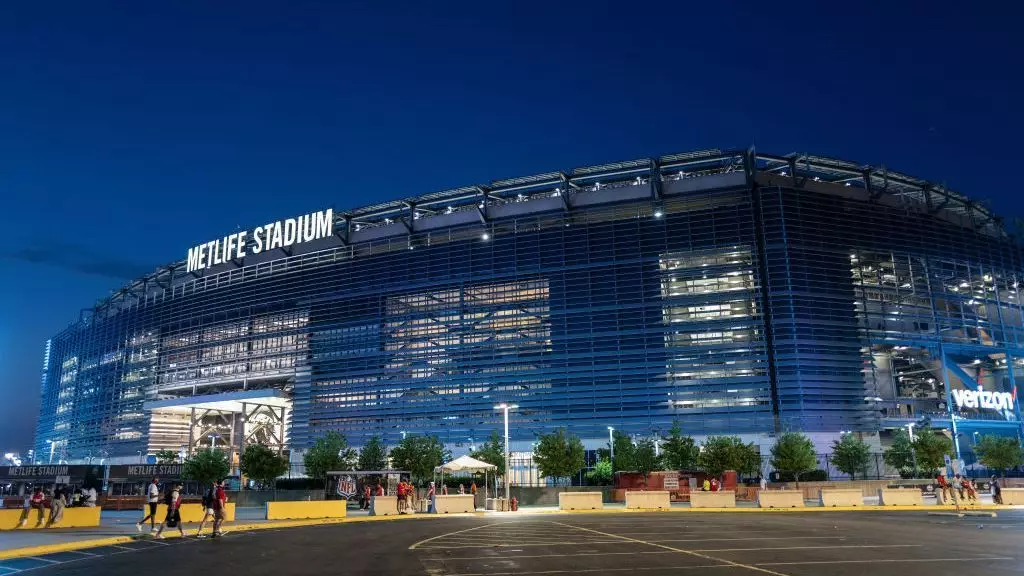The announcement by FIFA regarding the 2025 Club World Cup is noteworthy, not just for its anticipated matches, but also for the implications it holds for club football around the globe. Slated to take place in various prestigious venues across the United States, the tournament signifies a unique milestone in FIFA’s ongoing evolution of this competition, potentially ushering in a new era of inclusivity and global representation.
One of the most significant changes for this edition of the FIFA Club World Cup is the expansion from seven to 32 teams. This move reflects FIFA’s ambition to enhance the competition’s scope and appeal. By allowing more clubs from different continents to participate, the tournament aims to democratize access to international football’s grand stage. The emphasis on inclusivity is poised to elevate the visibility of clubs from Africa, Asia, and North America, encouraging their development and integration within the global football community.
This strategic expansion echoes FIFA President Gianni Infantino’s vision for a more equitable playing field. “This new FIFA competition is the only true example in worldwide club football of real solidarity and inclusivity,” Infantino remarked, reinforcing the notion that football is a universal language, transcending borders and uniting diverse cultures. However, while the increased number of participants enhances the tournament’s competitive nature, it also raises important questions regarding logistical challenges and player fatigue.
The selection of the twelve venues, predominantly located on the East Coast, aligns with FIFA’s intention to manage the tournament schedule effectively. The timing is particularly crucial given the simultaneous hosting of the Gold Cup on the West Coast. Notably, MetLife Stadium is set to host the final, which adds a significant allure to the event, considering its capacity and reputation as one of the premier sports venues in the U.S.
However, this geographic concentration is also a pragmatic decision. With teams and fans traveling across the country, the logistics of hosting this enlarged tournament will be challenging yet crucial to its overall success. Moreover, the inclusion of Lumen Field was prompted by the Seattle Sounders’ qualification, highlighting the complexities of accommodating all participating clubs while maintaining a coherent tournament structure.
Despite the excitement surrounding the tournament, various stakeholders within the football community have voiced their concerns regarding scheduling conflicts and the potential for player burnout. Prominent bodies such as FIFPRO and the Professional Footballers’ Association have raised valid points about the density of the competition calendar, suggesting it may overextend players and disrupt their club commitments. Notably, the Premier League’s apprehensions about the timing of the tournament during a traditional international window underscores the broader complications lurking beneath the surface of this eagerly anticipated event.
As leagues and clubs grapple with the implications of this tournament, the discussions surrounding it further illustrate the challenges in harmonizing global football with domestic priorities. It is essential for FIFA to navigate these intricacies deftly to ensure the tournament’s integrity while addressing the legitimate concerns raised by players and operators alike.
The 2025 FIFA Club World Cup encapsulates more than just a competitive tournament; it embodies a forward-looking vision for global football. Infantino’s statements reflect a deeper ambition to provide opportunities for clubs and players who historically have lacked exposure. It is a pivotal moment for both established giants and emerging clubs to showcase their talent on a global stage.
FIFA’s commitment to inclusivity and diversity within the sport is commendable, and if executed effectively, this tournament can become a symbol of progress in the footballing world. The true measure of success will hinge on how well FIFA balances expansive opportunities with the need for sustainability in the players’ careers. Ultimately, as anticipation builds for this remarkable event, the real challenge lies in delivering a tournament that lives up to the lofty expectations it has set forth, promoting global football harmony while respecting the values of competition.


Leave a Reply